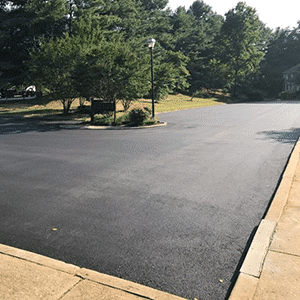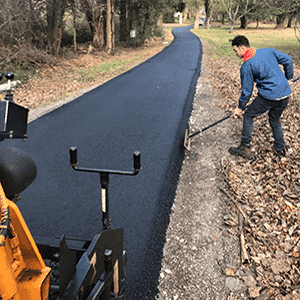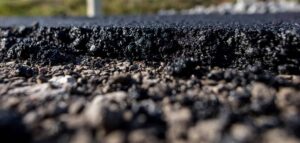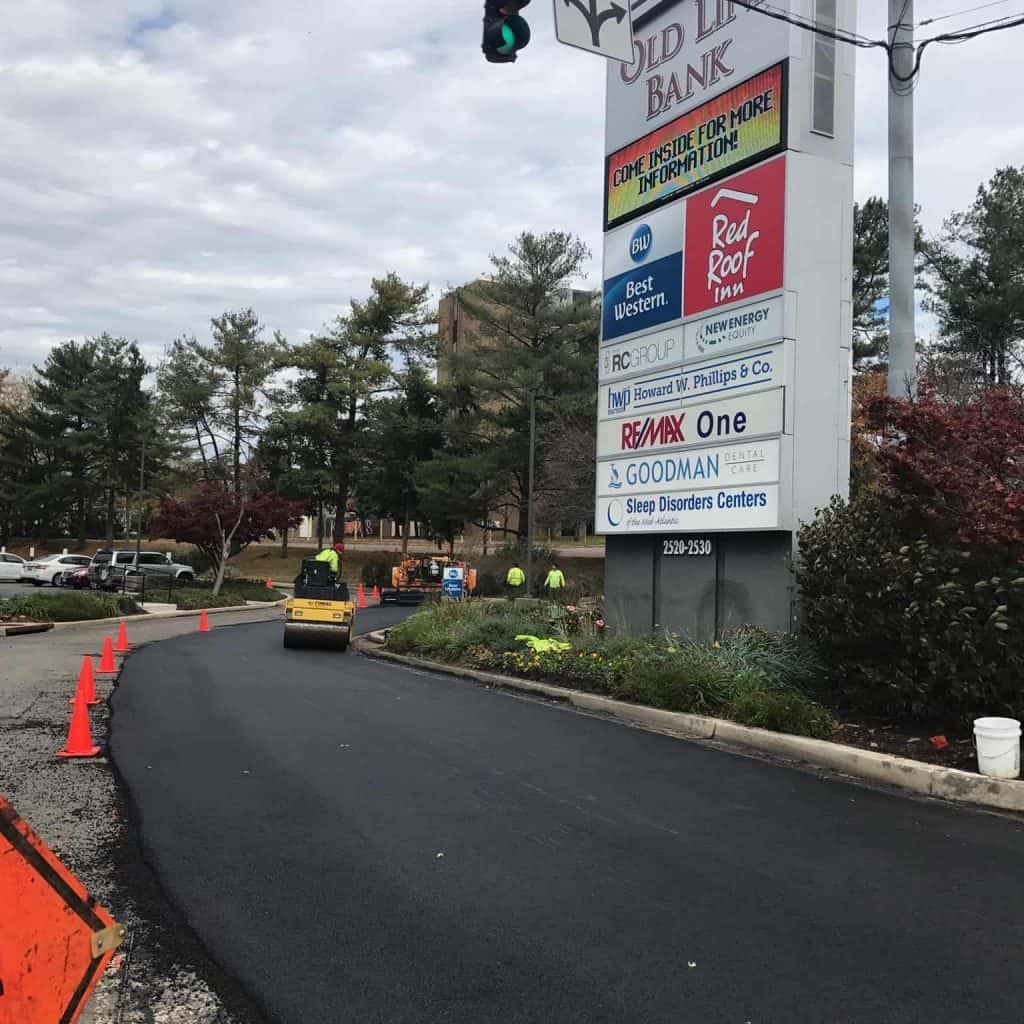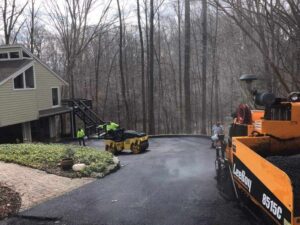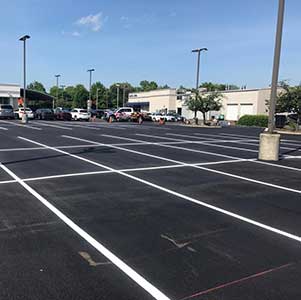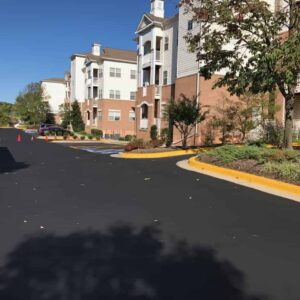Whether you are having a driveway installed at your home or a new parking lot at your commercial property, asphalt is a major investment. Many homeowners and business owners are shocked to learn that asphalt paving can’t be done at any time. Contractors have to be careful when they pour, or the surface will be at risk of cracking and have a shorter life expectancy. Therefore, it’s important for the quality and longevity of your surface to schedule the paving job for the right season.
At Capital Paving and Sealcoating, we understand that the best time to pour asphalt is during spring, early summer, or fall- when the temperatures are warm, but not too hot. In this article, we’ll answer some of the most common questions about how weather conditions affect asphalt.
Top 5 Questions about Weather and Asphalt
Below are 4 of the most common questions our clients ask about how weather relates to pouring asphalt.
What is the minimum temperature for pouring asphalt?
The minimum temperature for pouring asphalt is 50°F, which is still warm enough to keep the asphalt soft so that it can be rolled and compacted. Asphalt begins to cool as soon as it leaves the truck. Once it drops to 185°F, it is too stiff/dense to be properly rolled and compacted. Since the cooling process speeds up at soon as it’s on the ground, our skilled contractors will begin rolling as quickly as possible to keep it from curing too quickly on cool days.
How hot is too hot?
While it’s true that the temperature must be warm enough that the asphalt says pliable, it doesn’t need to be too hot. When the outdoor temperature gets over 120°F, asphalt will melt. Typically, contractors try to avoid laying asphalt if the temperature is over 90°F. This is why when we are working in the summer, we strive to get out to the jobsite and have the job completed before the temperature rises.
How long does asphalt take to cure?
While asphalt does begin to cool as soon as it touches the ground, it takes 6 to 12 months to fully cure. This does not mean you have to wait that long before you can use your driveway or parking lot- but we do ask that you give it a few days to cure before you do start using it. Also, we recommend that you don’t park in the same spot every day while the surface is curing.
Can the curing process be sped up?
Since cooler temperatures help harden and set the asphalt, the best way to speed up curing time is to keep it as cool as possible. While commercial-grade paint dryers can help cool it down, they are not a magic tool that will significantly reduce curing time.
What about small repairs?
Small repairs can be done any time of the year. In fact, we encourage winter maintenance of your driveway and parking lots since the cold, dry air often causes crumbling and cracks. If you notice these issues, they can be filled with cold-mix asphalt. Sealcoating is another good idea before winter sets in because it will protect the surface from sleet, rain, ice, and the sun. Our professional pavers can come out and take care of all of your maintenance needs before the temperatures drop too low.
Is Asphalt Paving a DIY Project?
Now that you know more about the best time of year to pour asphalt, you may find that you want to get out there and take care of it yourself. However, while it’s possible to do some asphalt work yourself, it’s best to leave it to the professionals, such as the team from Capital Paving and Sealcoating. We have been in business since 1956 and pride ourselves on being large enough to handle a variety of projects- but still holding to the values and customer loyalty of a small, family-owned business. Contact us today to get a quote on your paving project.

